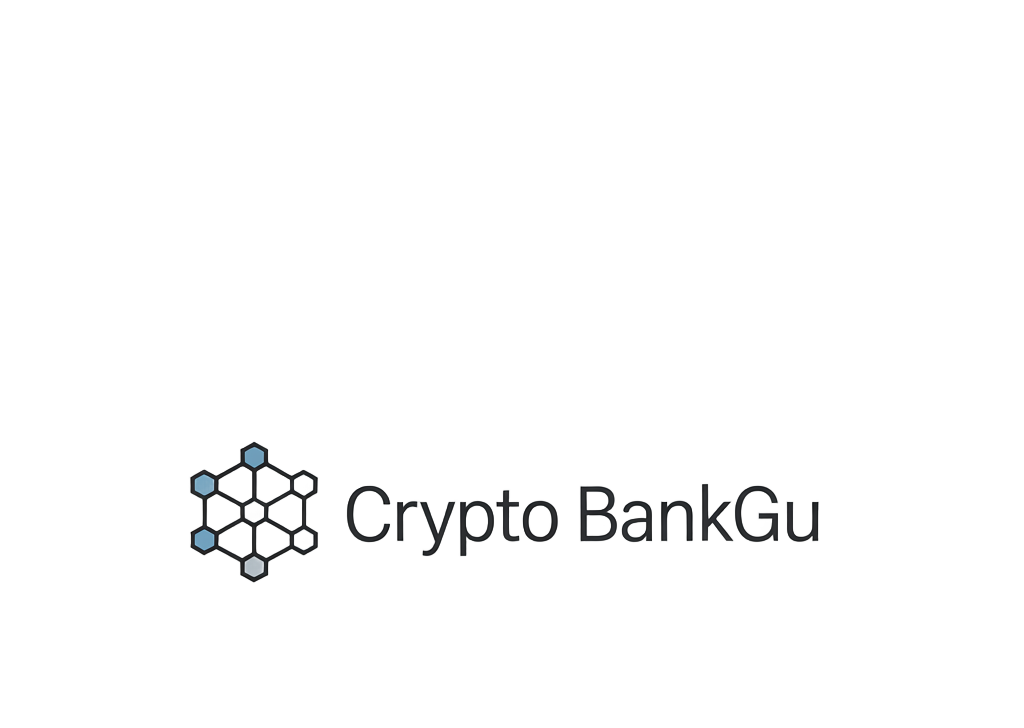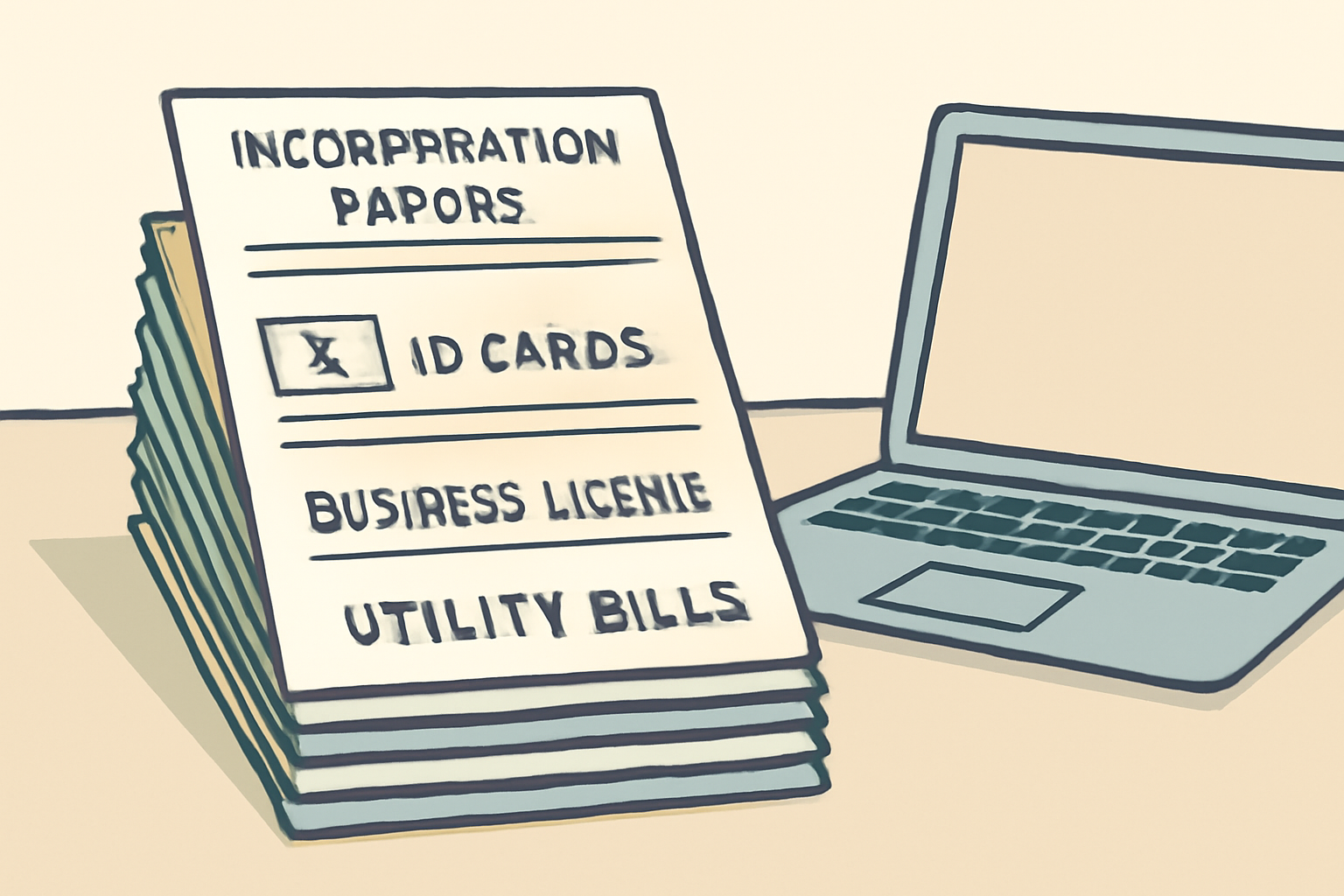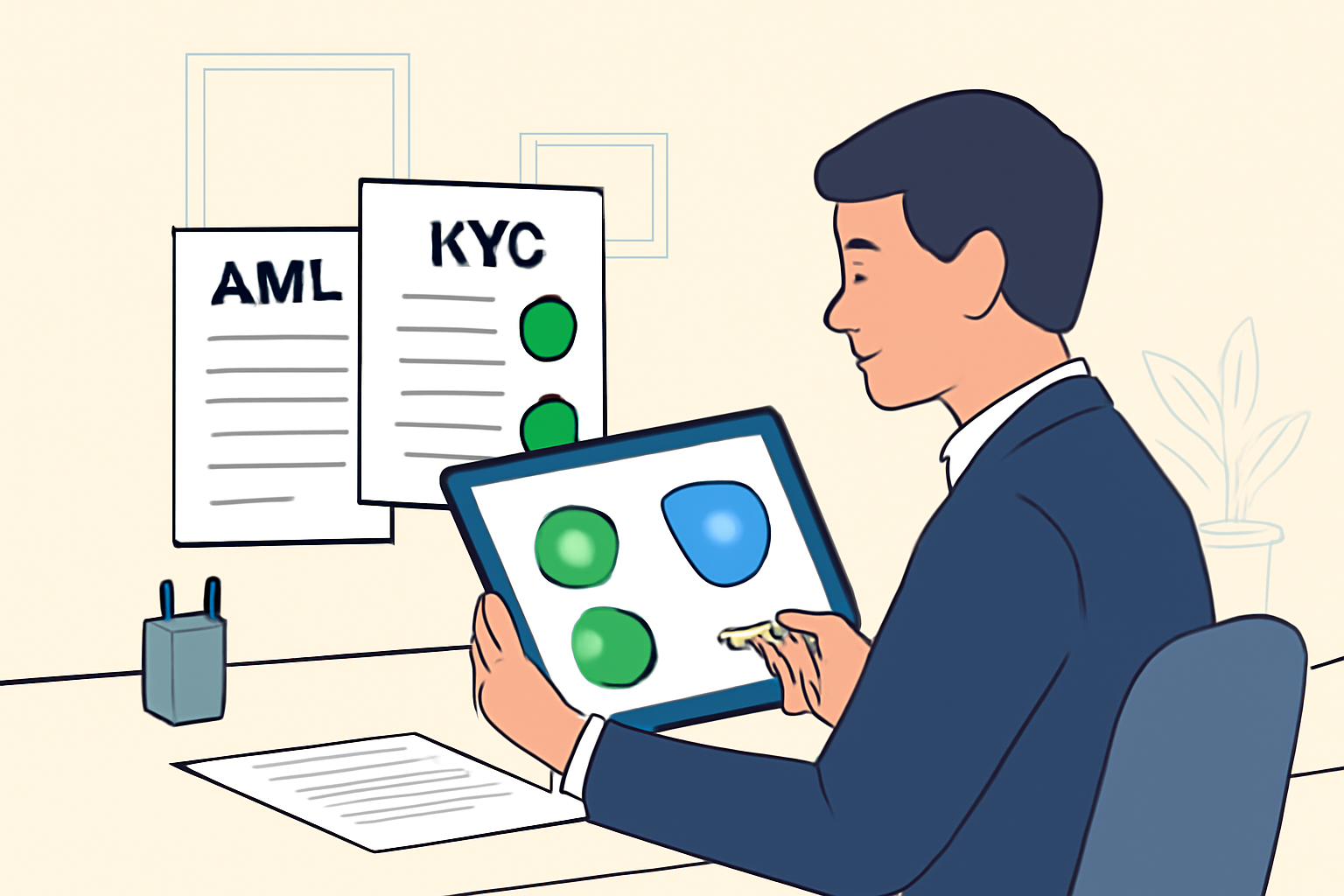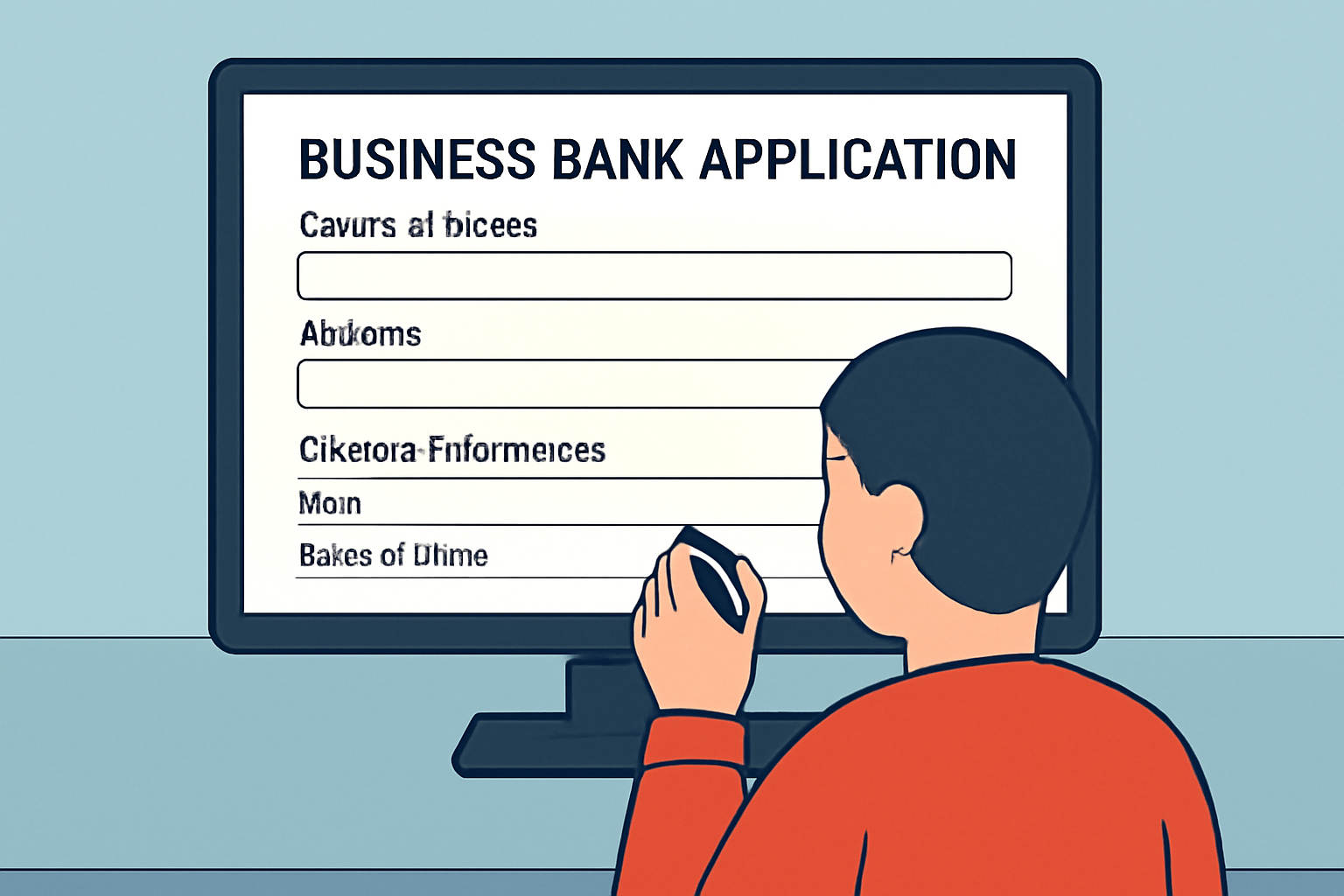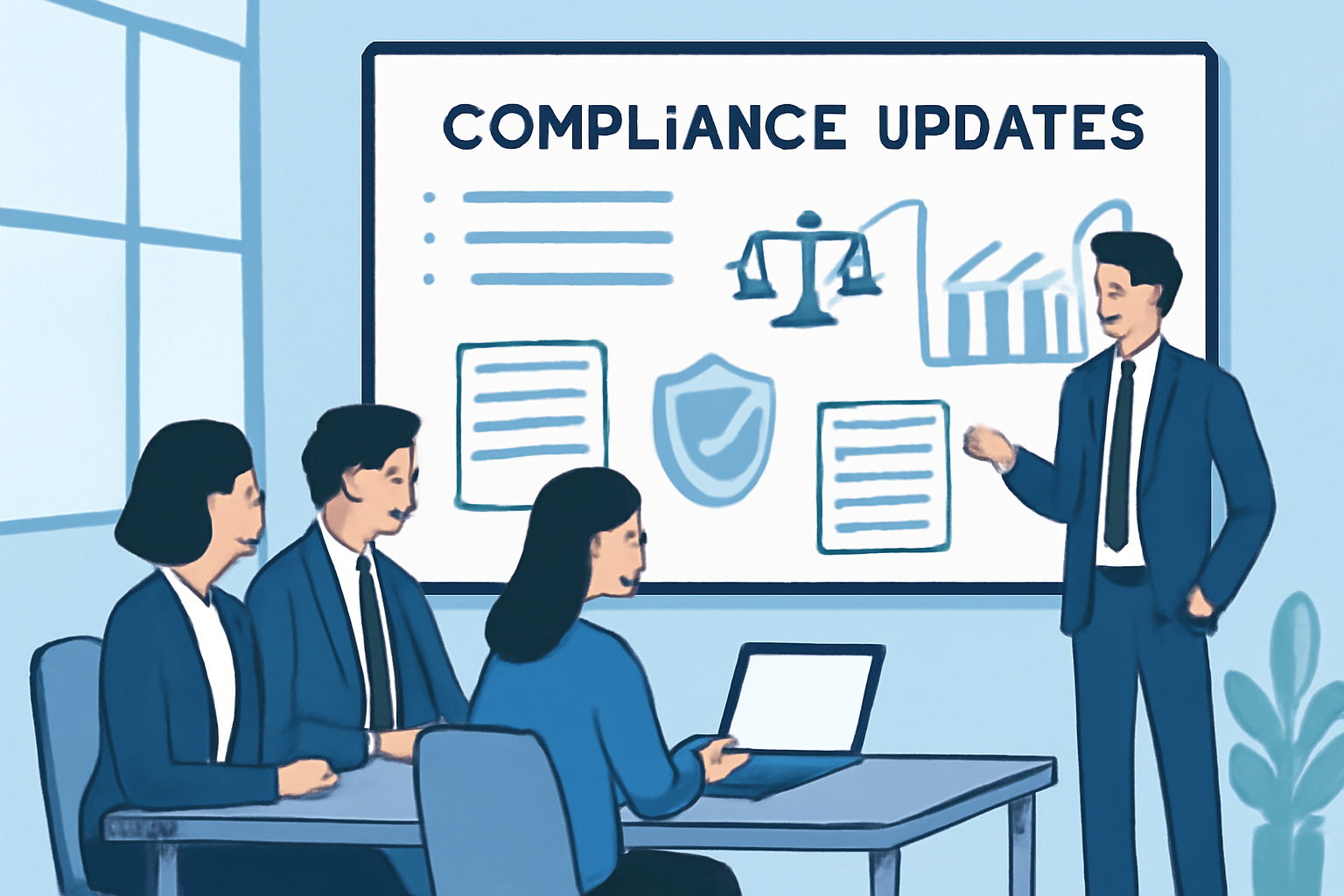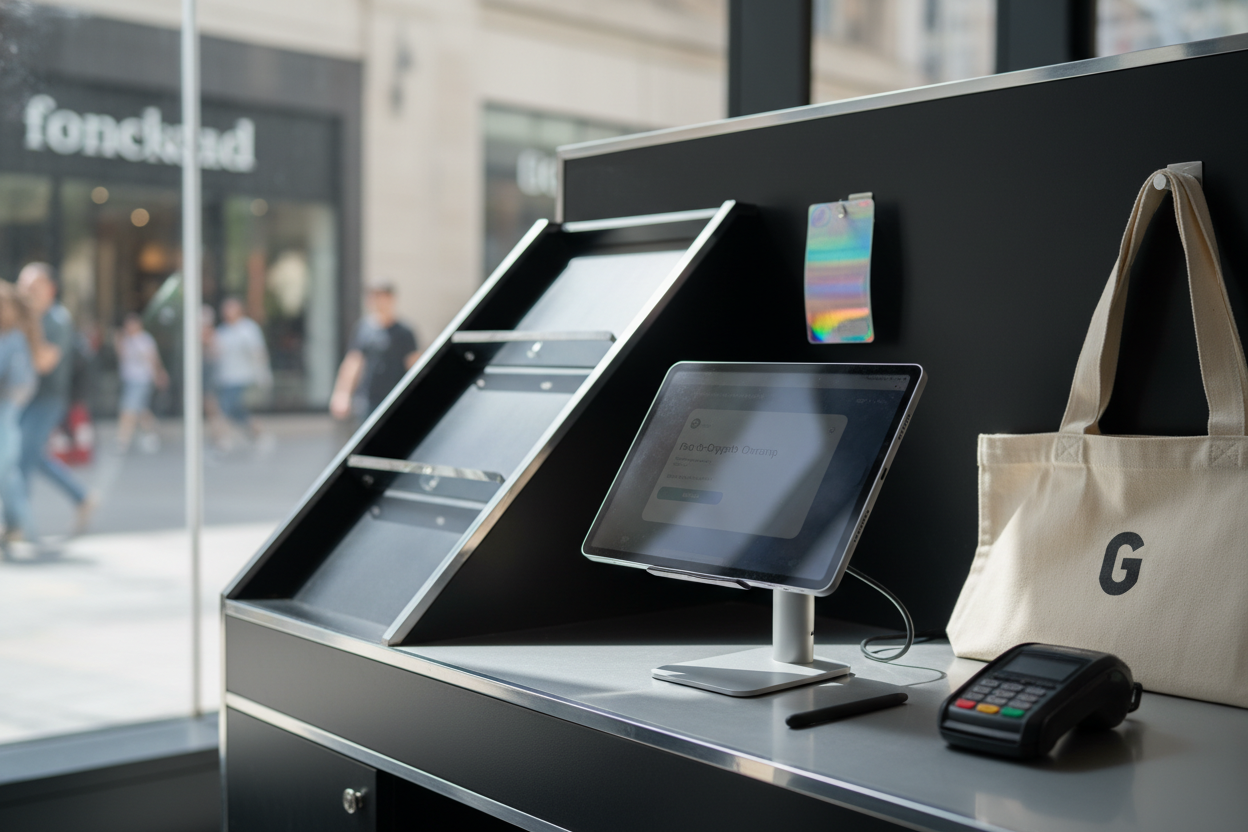
Opening a business account with a crypto bank is no longer reserved for the boldest startups or blockchain-native enterprises. In 2025, mainstream companies are increasingly seeking crypto banking solutions to streamline payments, diversify treasury holdings, and access global markets. Yet the process remains more rigorous than opening a traditional business account. Navigating this landscape requires an understanding of both the technical requirements and the regulatory scrutiny unique to crypto banking.

Why Crypto Banks Are Essential for Modern Businesses
The rise of digital assets has forced companies to rethink how they handle payments, payroll, and cross-border transactions. Crypto banks bridge the gap between blockchain technology and traditional finance, offering features such as API-driven payments, multi-currency accounts (including USD, EUR, GBP), and robust compliance tools. Providers like Mercury have eliminated many legacy banking fees – there are no minimums or monthly charges for basic services – while others like Old Glory Bank cater specifically to NFT and token-based firms with specialized fee structures.
Choosing the right crypto bank is not just about cost. Regulatory compliance, integration options, and customer support make all the difference when your business is handling significant volumes or operating in multiple jurisdictions. Learn more about comparing crypto-friendly banks here.
Step-by-Step: How to Open a Business Crypto Bank Account
The process of opening a business account with a crypto bank typically involves these core steps:
- Research Crypto-Friendly Banks: Not all banks welcome crypto businesses. Leading options include BankProv (unlimited deposit insurance), Bankera (tailored for exchanges), Mistertango (API mass payouts), Multis (accounting integrations), Cashaa (EUR/GBP IBANs), and Mercury (USD accounts with cards). Each has its own risk appetite and onboarding criteria.
- Gather Required Documentation: Expect to provide articles of incorporation, an EIN or tax ID, government-issued IDs for directors/UBOs, your business license, proof of address (utility bill or lease), and detailed AML policies. The documentation burden is higher than traditional banking due to anti-money laundering regulations.
- Emphasize Compliance: Crypto banks prioritize clients who demonstrate strong AML/KYC procedures. Be ready to present evidence of transaction monitoring systems and any regulatory licenses you hold or are pursuing.
- Complete the Application: Applications usually require detailed information on your company structure, reasons for needing crypto banking services, and full disclosure on directors and beneficial owners.
- Undergo Due Diligence: The bank will review your operations in depth – including background checks on executives – before approving your application.
Navigating Documentation and Compliance Hurdles
The most common stumbling block for businesses is documentation. Unlike personal accounts where KYC can be completed in minutes online (think Kraken’s quick verification process), business onboarding can take from several hours with providers like Banxe to several weeks if additional checks are required. Many banks will ask for:
- Detailed AML/KYC policies: These show you take compliance seriously – essential in today’s regulatory climate.
- Description of business activities: Banks want clarity on whether you’ll use the account for daily payments or long-term asset storage.
- Financial projections and operational details: Especially important if you’re running an exchange or high-volume operation.
The Reality: Fees and Timelines Across Major Crypto Banks
The cost structure varies dramatically across providers. While Mercury offers free business banking without monthly fees or minimums for most users, others like Old Glory Bank charge a $250 application fee plus $200 monthly maintenance and $1,500 annual certification if you’re operating in high-risk sectors such as NFTs or token issuance. Approval times also range widely: Coinbase promises decisions within two days via self-serve applications; Banxe’s process may stretch from three hours up to several weeks depending on complexity.
This diversity means businesses must weigh their need for speed against their willingness to pay premium fees for specialized services or faster onboarding. For more detailed comparisons between providers’ requirements and timelines, check our comprehensive guide at this link.
Once your application is submitted, the real test begins: due diligence. Crypto banks are under pressure from regulators to scrutinize every business customer, especially those handling digital assets. Expect a thorough review of your company’s operational structure, AML protocols, and leadership credentials. Some banks may request interviews with directors or additional documentation if your business model involves higher-risk activities like token launches or cross-border remittances.
What Happens After Approval?
Approval isn’t the finish line, it’s just the start of an ongoing relationship built on compliance and transparency. After your account is opened, you’ll need to maintain up-to-date AML/KYC policies and be ready for periodic reviews or audits. Most crypto banks now offer dashboards that allow businesses to monitor their compliance status in real time, flag suspicious transactions, and upload updated documents as regulations evolve.
It’s also essential to train your staff on reporting requirements and ensure all internal systems are aligned with the bank’s expectations. Falling short on compliance can result in frozen accounts or even termination of banking services, a risk that can cripple operations overnight.
Feature Comparison of Major Crypto Banks for Business Accounts (2025)
| Bank Name | Account Currencies | Monthly Fees | Minimum Deposit | API Access | Card Options | Application Process | Notable Features |
|---|---|---|---|---|---|---|---|
| BankProv | USD | Contact for details | Contact for details | Yes | Not specified | Standard business application | Unlimited deposit insurance, API crypto banking |
| Bankera | EUR, Crypto | Contact for details | Contact for details | Yes | Not specified | Tailored onboarding for crypto businesses | Designed for exchanges & brokers |
| Mistertango | EUR, Crypto | Contact for details | Contact for details | Yes | Not specified | Online application | Mass payments, multiple business accounts |
| Multis | USD, Crypto | Contact for details | Contact for details | Yes | Not specified | Online application | Automated payments, accounting integration |
| Cashaa | GBP, EUR, Crypto | Contact for details | Contact for details | Yes | Not specified | Online application | GBP/EUR IBANs, crypto-friendly |
| Mercury | USD | $0 | $0 | Yes | Physical & Virtual | Online, fast approval | No monthly/account fees, cards included |
| Old Glory Bank | USD | $200 | $5,000 | Not specified | Not specified | Application with $250 fee | Crypto/NFT focus, $1,500 annual certification fee |
| Coinbase Business | USD, Crypto | $0 | $0 | Yes | Not specified | Self-serve, no sales calls | Regulated infrastructure, approvals in 2 days |
| Banxe | Multi-currency | Contact for details | Contact for details | Yes | Not specified | Remote KYC, 3 hours to weeks | International business banking, fast onboarding |
Key Tips for a Smooth Account Opening
- Be proactive: Start gathering documentation early and keep digital copies organized for quick submission.
- Communicate openly: If your business model is complex or evolving (e. g. , moving into DeFi or NFTs), explain this clearly during onboarding.
- Monitor regulatory updates: The crypto landscape changes fast, stay informed so your policies always reflect current requirements.
- Leverage support channels: Many banks offer dedicated account managers or onboarding specialists who can clarify requirements and speed up processing.
The learning curve is steep, but the payoff, access to global payments, seamless fiat-crypto integration, and advanced treasury tools, is transformative for forward-thinking companies. As more jurisdictions clarify their stance on digital assets, expect onboarding processes to become more standardized yet remain rigorous in their assessment of risk and compliance culture.
Final Thoughts: Is a Crypto Bank Account Right for Your Business?
If your company transacts in digital assets or serves clients in the blockchain space, opening a business account with a crypto-friendly bank is increasingly essential. The process demands preparation, robust documentation, airtight compliance protocols, and patience with sometimes-lengthy reviews, but rewards you with modern financial infrastructure designed for tomorrow’s economy.
The key takeaway? Treat your application as an audit of your company’s integrity. The more transparent and compliant you are from day one, the smoother your journey will be. For ongoing updates on best practices and provider comparisons, bookmark our evolving resource at this guide.
